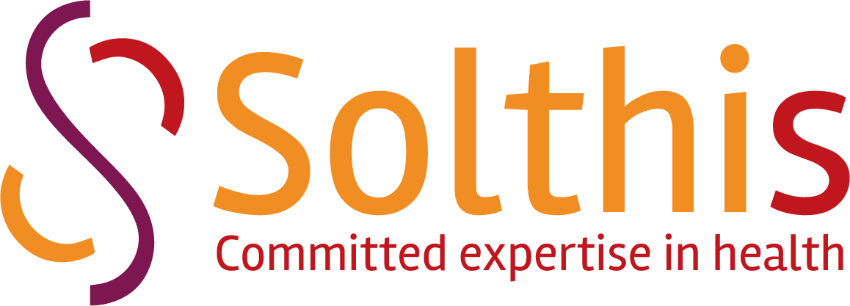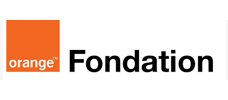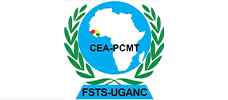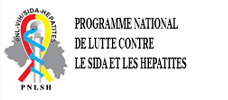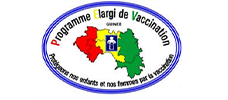April 2024 – March 2028
Guinea
Although progress has been made on a global scale, and the availability of diagnostic and therapeutic resources has enabled the WHO to pursue the goal of the triple elimination of MTCT of HIV, syphilis and HBV, the most fragile countries bear the double burden of high prevalence of these pandemics and weak health systems.
- In Guinea, the prevalence of HIV, syphilis and HBV among pregnant women is 1.5%, 0.5% and 10.2% respectively.
- 68% of women report difficulties in accessing healthcare.
- 75% of women remain hospitalized for less than 6 hours after delivery.
- 80% of women living with HIV receive antiretroviral treatment, but only 50% of newborns receive prophylaxis, and only 22% benefit from early HIV diagnosis.
- In Guinea, combined syphilis-HIV screening is poorly implemented (4.8%).
- Vaccination against HBV at birth has not yet been integrated into a national strategy, and is therefore not yet effective.
Beneficiaries
-
18 healthcare facilities
-
1 laboratory
-
101 health professionals
-
52 Civil Society Agents (CSA)
-
327 community leaders
-
4 psycho-social assistants
-
24,654 pregnant women and their newborns
-
35,000 participants in community talks
-
15 collective members
-
10 members of the Programme Elargie de Vaccination
-
PNLSH
-
DNSCTM
Results
-
Double elimination services (HIV and syphilis) are strengthened, and HBV vaccination at birth is introduced to help achieve triple elimination by improving the medical environment and treatment of pregnant women and newborns.
-
Community action in favor of HBV vaccination at birth is strengthened.
-
The Collectif’s capacity and power to act are strengthened to promote respect for patients’ rights.
-
A national triple elimination strategy is operationalized and integrated into the Guinean health system.
